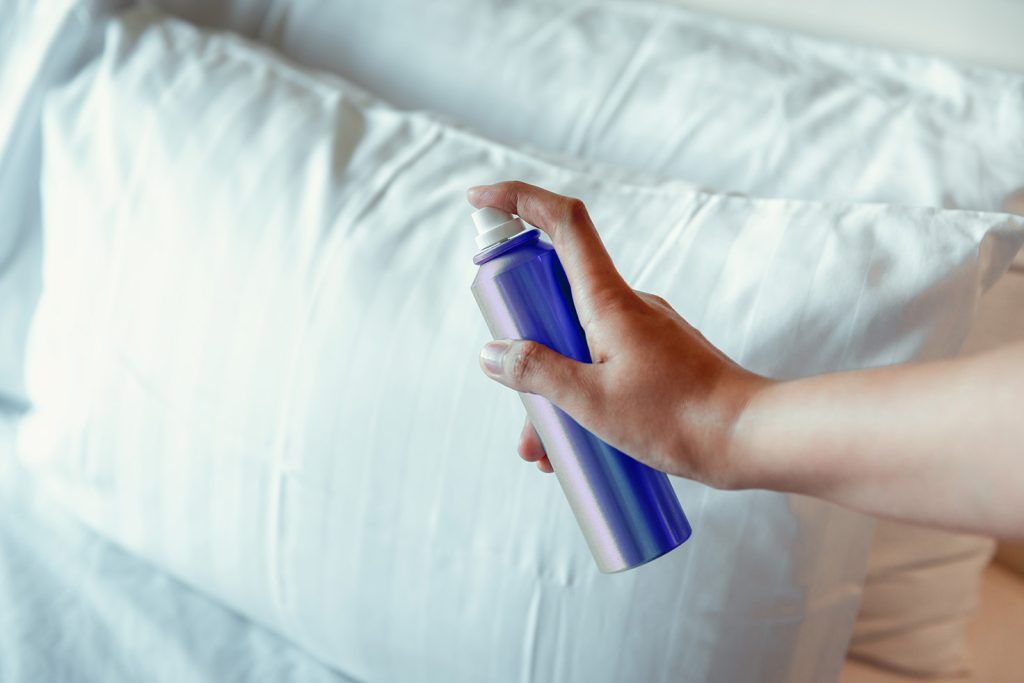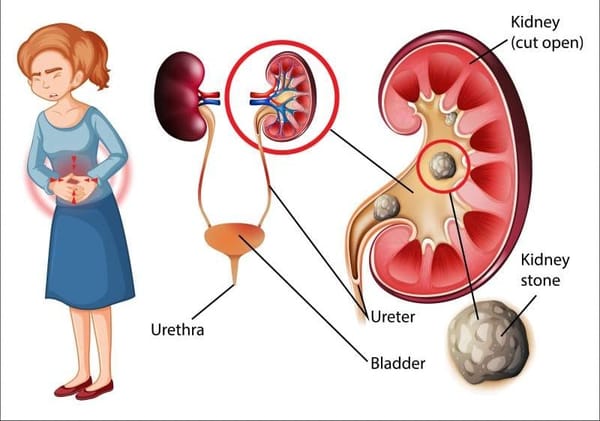Melatonin Spray for Children: Is It Safe and Effective?
Melatonin Spray for Children: A Gentle Solution for Better Sleep. Learn About Safe and Effective Bedtime Support. 😴👦👧

In recent years, melatonin supplements have gained popularity as a potential solution for children struggling with sleep issues. Melatonin, a hormone naturally produced by the body to regulate sleep-wake cycles, is available in various forms, including sprays. While melatonin supplements have shown promise in helping adults manage sleep disorders, questions and concerns arise when considering its use in children. This article delves into the safety and effectiveness of melatonin spray for children, shedding light on the considerations parents should consider.
Understanding Melatonin
Melatonin is vital in regulating the body’s internal clock, also known as the circadian rhythm. Melatonin, a hormone the pineal gland generates in response to darkness, indicates to the body that it’s time to sleep. While adults frequently utilise melatonin supplements to manage sleep disorders like insomnia and jet lag, employing them in children demands careful deliberation due to the developmental distinctions in the paediatric demographic.
The Need for Pediatric Sleep Solutions
Children, like adults, can experience sleep disturbances due to various factors, including stress, changes in routine, or medical conditions. Sleep is crucial in a child’s growth and development, affecting cognitive function, mood regulation, and overall well-being. Parents often seek solutions to help their children establish healthy sleep patterns and overcome sleep-related challenges.
Safety Concerns and Considerations
The safety of using melatonin supplements, including sprays, in children, is a topic of ongoing debate among medical professionals. While melatonin is accessible over the counter in numerous countries and is generally considered safe for short-term usage, comprehending its long-term impacts on children is imperative. Several crucial factors to consider encompass:
Dosage and Regulation: Determining the appropriate dosage for children can be challenging. The optimal dose varies based on age, weight, and the specific sleep issue being addressed. Experts recommend starting with the lowest effective dose under the guidance of a healthcare professional.
Impact on Development: Children’s bodies are still developing, and introducing exogenous hormones like melatonin could interfere with their natural hormonal balance. Prolonged use of melatonin supplements in children might affect their ability to produce the hormone naturally.
Side Effects: While melatonin is generally well-tolerated, side effects such as dizziness, headaches, and daytime grogginess can occur. These effects might be more pronounced in children, raising concerns about their impact on school performance and daytime activities.
Interaction with Medications: Parents should be cautious if their child takes other medications, as melatonin supplements can interact with certain drugs. Consulting a healthcare professional before melatonin is crucial, especially if the child has existing medical conditions.
Effectiveness and Short-Term Use
Studies suggest that melatonin supplements, including sprays, might be effective in helping children fall asleep faster and establish healthy sleep patterns. However, the emphasis should be on short-term use to address specific sleep issues rather than long-term dependence. Behavioural interventions, sleep hygiene practices, and addressing underlying causes of sleep disturbances should also be considered as part of a holistic approach to managing sleep problems in children.
Consulting Healthcare Professionals
Before introducing this spray or any supplement into a child’s routine, parents should seek guidance from healthcare professionals. A paediatrician or sleep specialist can assess the child’s sleep patterns, rule out any underlying medical conditions, and provide personalised recommendations. These experts can help determine whether melatonin supplementation is appropriate, advise on dosage, and monitor its effects over time.
Promoting Healthy Sleep Habits
While the best melatonin spray online might offer temporary relief for children facing sleep challenges, it’s essential to remember that it’s not a standalone solution. Cultivating healthy sleep habits is paramount for children’s well-being. Parents can proactively create a conducive sleep environment, establish consistent bedtime routines, limit screen time before bed, and ensure that the child’s diet and activity levels support sound sleep.
Conclusion
Melatonin spray for children presents a complex scenario, balancing potential benefits with safety concerns. While it might offer short-term relief for sleep-related issues, parents should exercise caution and prioritise consulting healthcare professionals. As research continues to unfold, a cautious and informed approach is essential to ensure the well-being of our youngest sleep seekers.
FAQs
Q1: What is melatonin?
Melatonin is a hormone naturally produced by the pineal gland in the brain. It regulates sleep-wake cycles and is often referred to as the “sleep hormone.”
Q2: Is melatonin safe for children?
Melatonin is generally considered safe for short-term use in children, under the guidance of a healthcare professional. It can be used to help manage sleep problems, such as insomnia or jet lag.
Q3: What is melatonin spray?
Melatonin spray is a form of melatonin supplementation that comes in a liquid spray form. It’s often used to help children fall asleep more easily.
Q4: How does melatonin spray work?
Melatonin spray provides a quick and convenient way to deliver melatonin into the body. When sprayed into the mouth, the melatonin is absorbed through the mucous membranes and enters the bloodstream, helping to regulate the sleep-wake cycle.
Q5: When should I consider using melatonin spray for my child?
Melatonin spray might be considered for children who are having trouble falling asleep or adjusting to new sleep schedules, such as after a long flight or during daylight saving time changes.
Q6: How should I use melatonin spray for my child?
It’s important to follow the dosing instructions provided by a healthcare professional or the product packaging. The appropriate dosage can vary based on factors like the child’s age and weight.
Q7: Are there any potential side effects of melatonin spray?
Some children might experience side effects such as dizziness, headache, or upset stomach. It’s best to start with a low dose and monitor your child’s response. If you notice any adverse effects, consult a healthcare provider.
Q8: Can melatonin spray be habit-forming?
Melatonin itself is not considered habit-forming. However, it’s recommended to use melatonin spray for short periods and under the guidance of a healthcare professional to avoid dependence.
Q9: Should I consult a doctor before using melatonin spray for my child?
Yes, it’s advisable to consult a pediatrician or healthcare provider before using melatonin spray for your child. They can help determine if it’s appropriate for your child’s specific sleep issues and provide proper dosing guidance.
Q10. Are there any alternatives to melatonin spray?
Yes, there are alternative strategies for improving a child’s sleep, such as establishing a consistent bedtime routine, creating a sleep-conducive environment, and ensuring they get enough physical activity during the day.
Remember that while melatonin spray can be helpful in certain situations, it’s important to address any underlying sleep issues with the guidance of a healthcare professional. Every child’s sleep needs are unique, and a personalized approach is crucial for their well-being.



